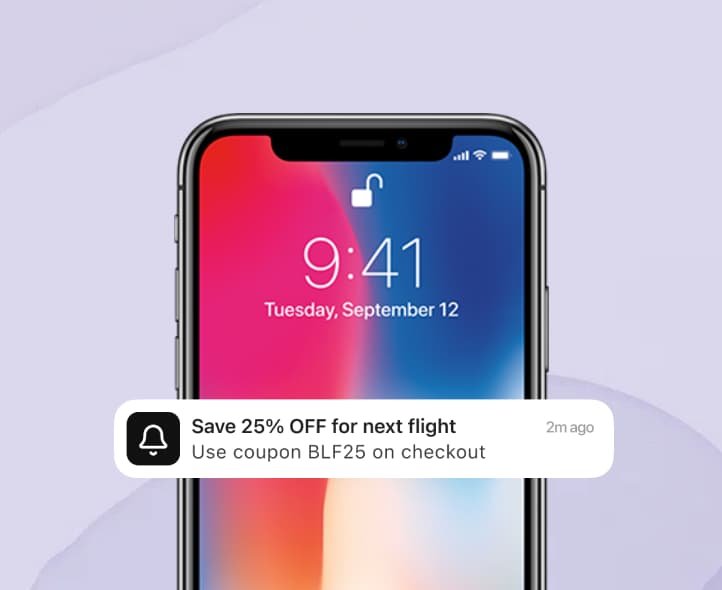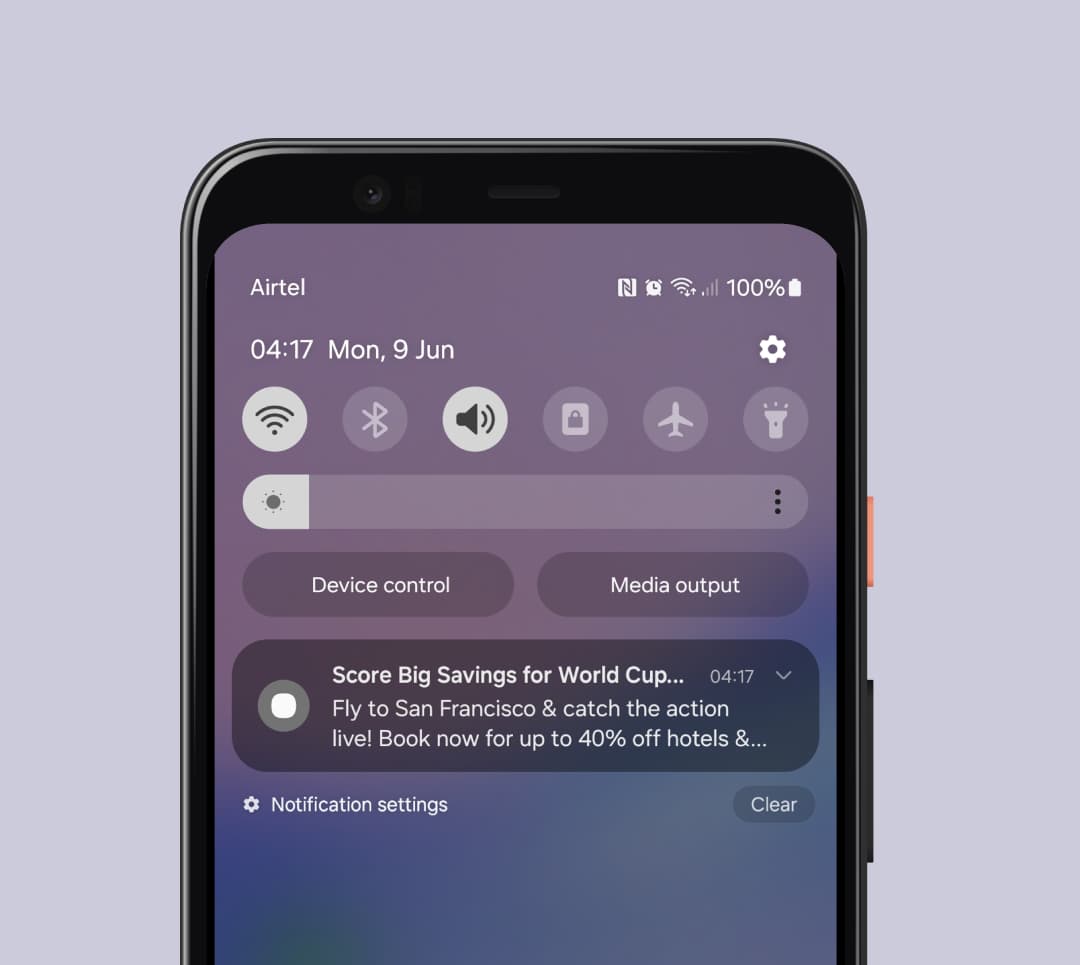Push notifications remain one of the most effective ways to engage mobile app users, drive retention, and encourage timely actions. For developers building with Expo and React Native, integrating push notifications has become simpler over the years, but choosing the right service is still an important decision.
In this article, we’ll explore five popular push notification services in 2025, covering their benefits, limitations, and compatibility with Expo/React Native.
1. Firebase Cloud Messaging (FCM)
Overview:
Firebase Cloud Messaging, part of Google’s Firebase suite, is one of the most widely used push notification platforms. It supports Android, iOS, and web, making it a solid choice for cross-platform apps.
Benefits:
Free tier with generous limits.
Direct integration with Firebase Authentication, Analytics, and Crashlytics.
Strong community and documentation.
Official Expo support for FCM tokens.
Pain Points:
iOS setup still requires Apple Push Notification service (APNs) configuration.
Firebase console UI is basic for marketing campaigns (not as advanced as dedicated engagement tools).
Advanced targeting often requires extra coding or linking with other Firebase services.
Best for:
Developers already using Firebase for backend services or analytics.
2. OneSignal
OneSignal is a dedicated push notification platform with a strong focus on both developers and marketing teams. It offers a rich dashboard, segmentation tools, and automation features.
Benefits:
Easy setup for Expo and React Native with official SDK support.
Powerful dashboard for creating, scheduling, and segmenting campaigns without writing code.
Advanced features like in-app messaging and A/B testing.
Generous free tier.
Pain Points:
Free tier branding on notifications (OneSignal logo in some contexts).
Some advanced features are paywalled.
SDK can feel heavy compared to minimal push solutions.
Best for:
Teams that want both developer control and non-technical team access for campaign management.
3. Expo Push Notification Service
Overview:
Expo provides its own push notification service, allowing you to send notifications without directly dealing with APNs or FCM during development.
Benefits:
No need for complex native setup during early development.
Works seamlessly with Expo Go and managed workflow.
Simplifies token management via Expo’s API.
Great for prototypes and MVPs.
Pain Points:
Production apps still require APNs/FCM credentials for reliability.
Limited marketing features compared to tools like OneSignal.
Requires Expo’s servers for delivery (less control for enterprise use cases).
Best for:
Early-stage apps, prototypes, and developers who want the fastest route to working push notifications.
4. Airship (formerly Urban Airship)
Overview:
Airship is an enterprise-grade engagement platform with advanced push capabilities, rich media notifications, and automation tools.
Benefits:
Highly reliable delivery at scale.
Detailed audience segmentation, personalization, and automation.
Support for rich media notifications, geofencing, and deep linking.
Compliance features for regulated industries.
Pain Points:
More expensive than other options—geared towards enterprise clients.
Integration can be more complex for small projects.
Overkill for simple use cases.
Best for:
Large-scale apps or enterprises that need deep personalization and high delivery guarantees.
5. Pushbase
Pushbase is a push notification service designed exclusive for Expo developers. It provides simple tools to collect subscribers, compose notification, define target audience and deep linking, schedule or send notification and measure your push campaign impact.
Benefits:
Simple SDK designed exclusive for Expo apps.
Predictive segmentation and personalization.
Provide deep linking using both Expo Router and React Navigation.
Provides pre-built React Native components for opt-in subscriptions and an inbox to display pushed notifications.
Pain Points:
Requires a paid plan for advanced features.
Relies on the Expo Push service, which isn’t ideal if you prefer not to use Expo.
Best for:
Apps that prioritize user engagement through targeted push notifications.
Choosing the Right Service
When picking a push notification service for your Expo/React Native app in 2025, consider:
Project stage: MVP or production? (Expo Push vs. FCM/OneSignal)
Team size: Do you need a marketing-friendly dashboard?
Budget: Are you okay with paid plans for advanced features?
Scalability: Will you need enterprise-level delivery and segmentation later?
For many developers:
Starting out: Expo Push or FCM is the fastest way to launch.
Growing app: OneSignal offers a good balance of developer control and marketing tools.
Enterprise: Airship or CleverTap provide advanced automation and analytics.
Final Thoughts
Push notifications are powerful when used strategically, but the right tooling makes a big difference in reliability, user experience, and campaign performance. Whether you choose a developer-focused solution like Firebase or a marketing-oriented platform like OneSignal, the key is to integrate early, test often, and align with your engagement goals.

